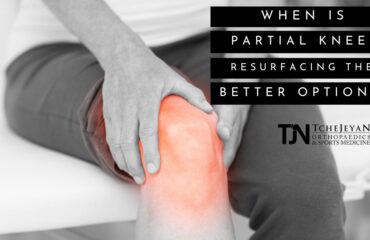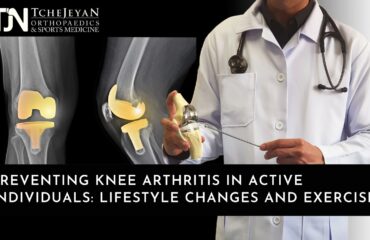
In the realm of orthopedic health, nutrition and lifestyle choices play a pivotal role in supporting healing and maintaining optimal joint function. Our joints are intricate structures that rely on a combination of nutrients, physical activity, and lifestyle habits to thrive. By focusing on a balanced diet, regular exercise, and healthy habits, individuals can promote orthopedic health and aid in the recovery process from injuries or orthopedic procedures.
Nutrition serves as the foundation for orthopedic health, providing essential nutrients that support joint function and repair. Key nutrients such as calcium, vitamin D, magnesium, and vitamin C are crucial for maintaining strong bones and cartilage. Including sources of these nutrients in your diet, such as dairy products, leafy greens, nuts, seeds, and citrus fruits, can help support bone density and reduce the risk of fractures and degenerative joint conditions like osteoarthritis. Additionally, omega-3 fatty acids found in fatty fish, flaxseeds, and walnuts have anti-inflammatory properties that can help alleviate joint pain and inflammation.
In addition to nutrient-rich foods, hydration is essential for joint health and healing. Staying adequately hydrated ensures that cartilage remains lubricated and maintains its shock-absorbing properties. Aim to drink plenty of water throughout the day and limit consumption of sugary beverages, which can contribute to inflammation and joint discomfort.
Alongside nutrition, lifestyle choices play a significant role in supporting orthopedic health. Regular exercise is essential for maintaining joint flexibility, muscle strength, and overall mobility. Low-impact activities such as swimming, cycling, and walking are gentle on the joints while still providing cardiovascular benefits and promoting circulation to aid in healing. Strength training exercises that target the muscles surrounding the joints can also help stabilize and protect them from injury.
Maintaining a healthy body weight is another crucial aspect of orthopedic health. Excess weight puts added stress on the joints, particularly in weight-bearing areas like the knees and hips, increasing the risk of osteoarthritis and joint pain. Adopting a balanced diet and incorporating regular physical activity can help individuals achieve and maintain a healthy weight, reducing strain on the joints and improving overall orthopedic wellness.
In addition to nutrition and exercise, other lifestyle factors can impact orthopedic health. Avoiding smoking and excessive alcohol consumption can promote better circulation and tissue healing, while managing stress through relaxation techniques like meditation or yoga can help reduce muscle tension and promote overall well-being.
In conclusion, nutrition and lifestyle choices play a vital role in supporting orthopedic health and facilitating healing from injuries or orthopedic procedures. By prioritizing a balanced diet rich in essential nutrients, staying hydrated, engaging in regular exercise, maintaining a healthy weight, and adopting healthy habits, individuals can promote joint health and reduce the risk of orthopedic conditions. Taking proactive steps to care for your joints today can lead to a lifetime of mobility and wellness.


